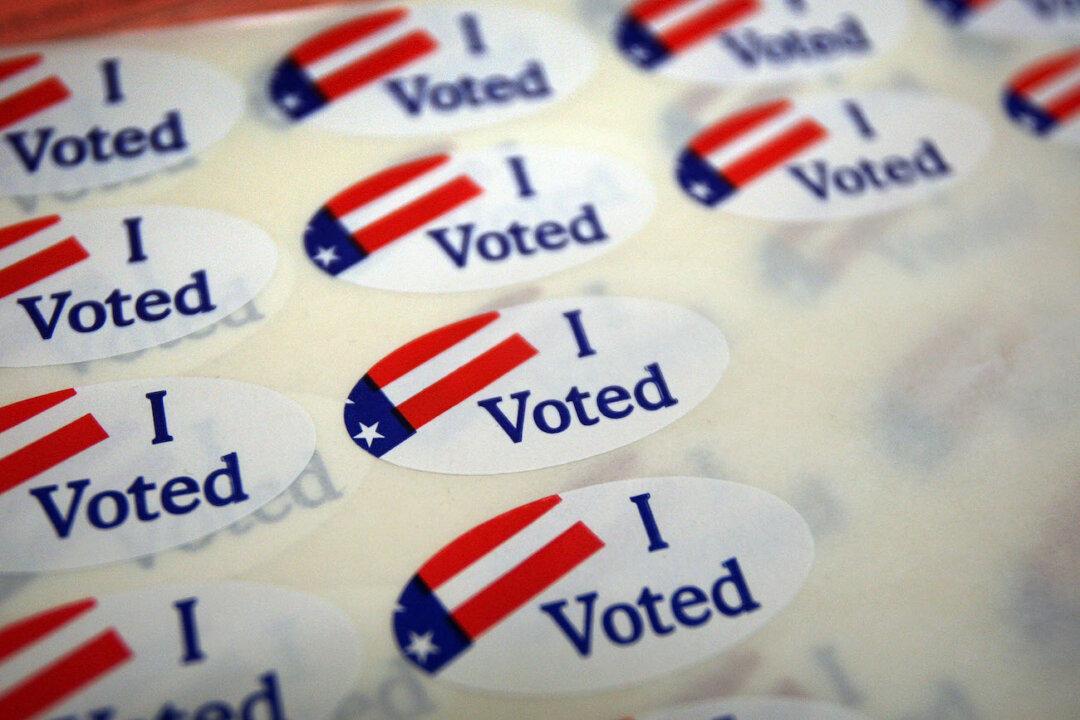The option to vote in-person 10 days ahead of Election Day and to vote by absentee ballot indefinitely will remain available to voters in Delaware this year.
In a unanimous decision, the highest court in Delaware on June 28 vacated a lower court’s ruling, which had found both practices unconstitutional.





